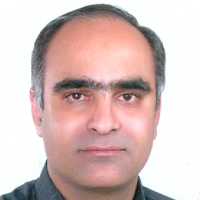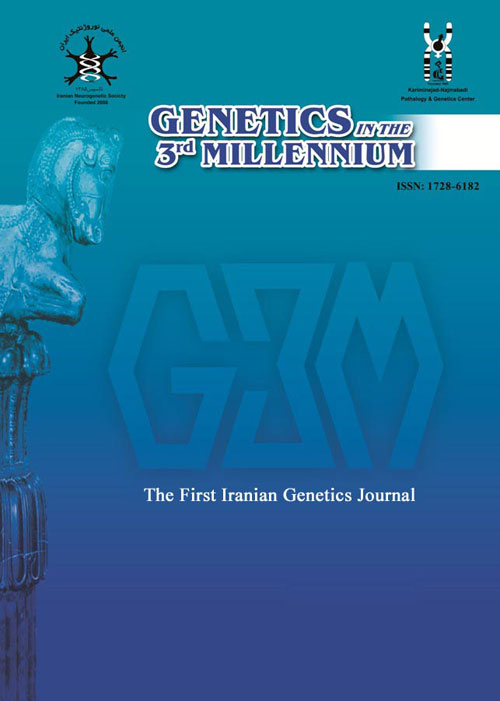Optimization of RT-PCR conditions for estimation of peroxisomal genes (Catalase, PEX3) expression compare with pluripotent genes (Nanog, Oct4) expression in stem cells
Author(s):
Abstract:
Peroxisomes are ubiquitous organelles in nearly all eukaryotes that participate in the metabolism of fatty acids and other metabolites. In order to investigate peroxisome biogenesis and gene profile expression analysis during neurogenesis, we have performed to set a semi-quantitative analysis for two peroxisomal genes expression (Catalase and PEX3) during neurogenesis comparing with stem cell marker genes (Oct4 and Nanog) in P19 cells. In this project we have used P19 cells which are suitable progenitor cells for the study of neurogenesis. Moreover, two different peroxisomal genes were selected to chase both kinetics of peroxisomal matrix protein synthesis (Catalase) and peroxisomal membrane protein biogenesis (Pex3p). Total RNA extracted from P19 cells, and was used for cDNA synthesis at the next step. Specific primers of Oct4, Nanog, PEX3 and Catalase cDNAs were amplified by RT-PCR for quantitative analysis. Various parameters were changed to optimize the PCR profiles for each gene for further assessments. Here we are going to describe the conditions which we used, e.g.: PEX3 band was detected sharply after 35 cycles and at annealing temperature of 52.5-55.1°C. For PCR of Catalase we observed a sharp band after 35 cycles and annealing temperature of 52.7-55°C. Nanog cDNA was amplified after 36 cycles and between 60.1-64.1°C. Oct4 band was observed sharply after 28 cycles of amplification and annealing temperature in range of 53.4-57°C.
Language:
Persian
Published:
Genetics in the Third Millennium, Volume:7 Issue: 4, 2010
Page:
1856
https://www.magiran.com/p410250
سامانه نویسندگان
مقالات دیگری از این نویسنده (گان)
-
Identification of common mutations and their frequency in METTL5, METTL7A, and METTL7B genes in gastrointestinal cancers based on in silico data
Soraya Heydari, Maryam Peymani*, Mehrdad Hashemi, , Maliheh Entezari
Feyz, -
Comparison of NRF2 gene polymorphism rs12594956 in elite and amateur karate-kas vs. non-athletes
MohammadReza Batavani *, Seyed Mohammad Marandi, Neda Boroushak,
Sport Physiology,



